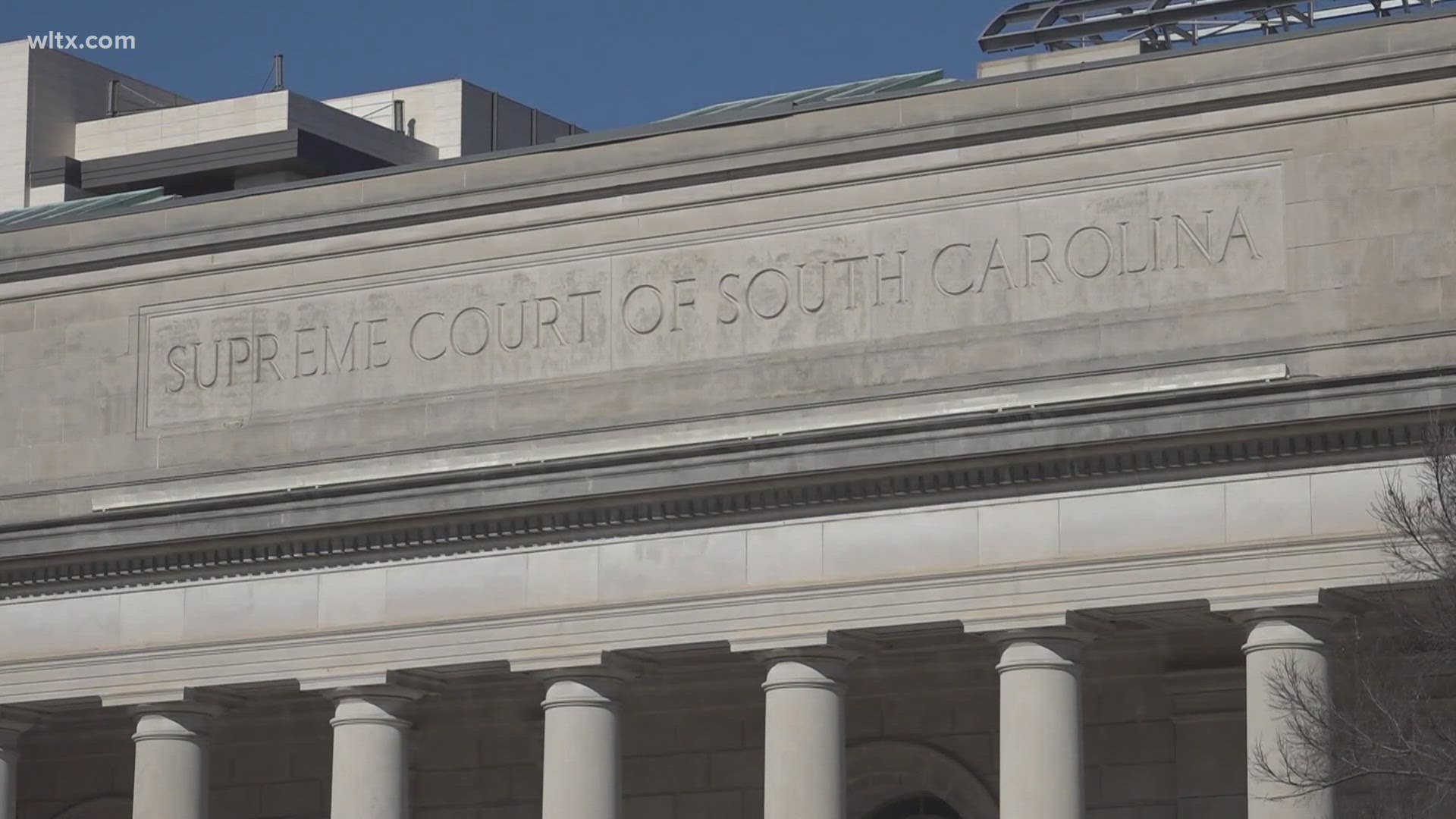COLUMBIA, S.C. — The Supreme Court of South Carolina has handed down an opinion upholding the constitutionality of the state's methods of carrying out death penalty cases.
This comes as four death row inmates in South Carolina -- Freddie Eugene Owens, Brad Keith Sigmon, Gary DuBose Terry, and Richard Bernard Moore -- filed suit arguing that section 24-3-530 of South Carolina law was unconstitutional because those methods of execution are cruel and unusual punishments.
“The Supreme Court has rightfully upheld the rule of law," South Carolina Governor Henry McMaster said in a statement in reaction to the ruling. "This decision is another step in ensuring that lawful sentences can be duly enforced and the families and loved ones of the victims receive the closure and justice they have long awaited.”
Section 24-3-530 is the section of state law that stipulates the use of the electric chair, lethal injection or firing squad are the accepted methods to be used when carrying out death row execution in South Carolina. That section also gives the death row inmate the choice of execution method: "The subsection provides that after a condemned inmate is served with a notice of execution, his "election for death by electrocution, firing squad, or lethal injection must be made in writing fourteen days before [the] execution date or it is waived. . . . If the convicted person waives the right of election, then the penalty must be administered by electrocution."
Starting around 1912, the only version of death row execution was the electric chair. Before that, inmates were hanged. In 1995, lethal injections became an option as a less inhumane method of execution, and the manner of death was the inmate's choice.
According to court records, no death row inmate has been executed by lethal injection since 2009. The drugs used for lethal injections became unavailable nationwide around 2021 and, in an effort to address that unavailability, the state of South Carolina introduced firing squad as a third method of execution in 2022. Section 24-3-530 was amended at that time to reflect the death row inmate's three choices.
In writing the opinion, the court says, "Turning to the prohibition on "cruel . . . punishment" in article I, section 15, we start by acknowledging the reality that there is simply no elegant way to kill a man.
"South Carolina, however, has a long-established public policy of punishment that includes using the death penalty for the most heinous of crimes. Having maintained that policy for hundreds of years, we long-ago faced this reality—that carrying out the death penalty necessarily includes the act of killing the condemned man. That doing this necessitates some degree of physical pain and suffering on the part of the man is of no surprise, and the necessity of such physical pain and suffering does not render the death penalty unconstitutional.
"..... Under the choice provisions of section 24-3-530, a condemned inmate in South Carolina will never be subjected to execution by a method he contends is more inhumane than another method that is available. Under the constitutional standards set forth above, therefore, considering section 24-3-530 as a whole, the statute is constitutional."
Justice John Cannon Few wrote the opinion with Justices George James and Garrison Hill concurring, Chief Justice Donald Beatty concurred in part and dissented in part and wrote a separate opinion, Justice John Kittredge also concurred in part and dissented in part and wrote a separate opinion.

